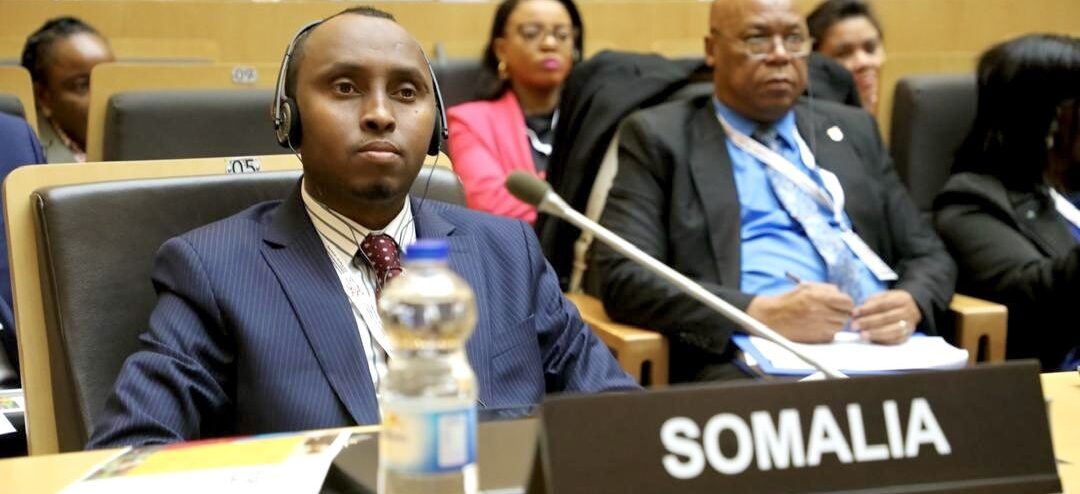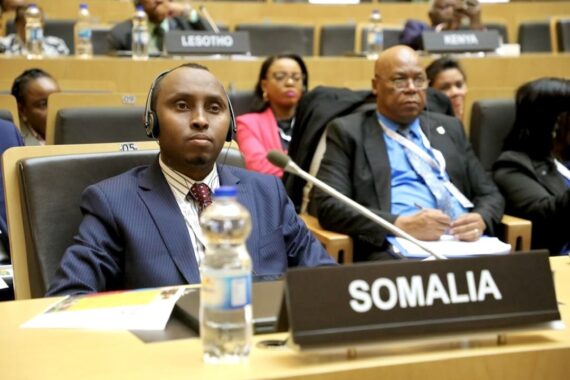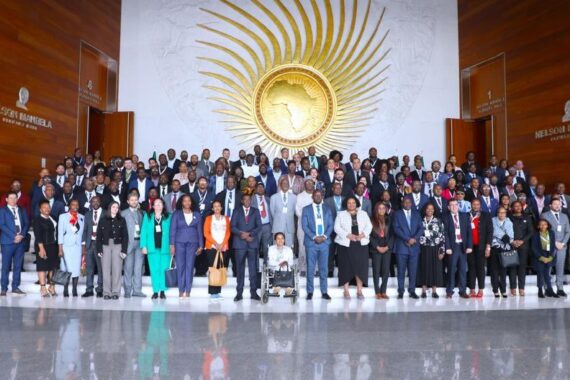Government ministers and over 300 experts from across Africa are meeting in the Ethiopian capital, Addis Ababa, during the Fifth Ordinary Session of the Specialized Technical Committee on Social Development, Labour, and Employment (STC-SDLE-5), to discuss, evaluate, and endorse strategies aimed at boosting social development, labour, and ethical employment.
The STC-SDLE-5 under the theme: “Social Agenda 2063: Promoting Social and Solidarity Economy (SSE) Ecosystems,” is taking place with experts in session from 29 – 31 July and the Ministers from 1 – 2 August.
“A 10-year Social and Solidarity Economy has been developed as a significant policy framework to support RECs and Member States, involving multi-sectoral and multi-partner collaboration. This framework ensures that interventions encompass the needs and address the gaps in programs targeted at different demographics,”
The STC will review specific roadmaps aimed at implementing policies and strategies in areas such as social protection, social and solidarity economy, labour migration, youth employment, child marriage, female genital mutilation, and the exploitation and abuse of children.
Additionally, the STC will receive knowledge products offering insights into wage issues in Africa and the operationalization of dialogue mechanisms related to labour migration.
Focus of the session is on the Social Solidarity Economy which balances economic, social, and environmental goals. The SSE fosters solidarity, democracy, and mutualism, prioritizing collective gains over individual benefits.
SSE entities operate based on principles of voluntary cooperation, mutual aid, democratic governance, and social purpose over capital. These organizations play a crucial role in social services, poverty reduction, job creation, community development, environmental protection, and the empowerment of marginalized groups.
political leadership, youth and women empowerment, social protection, productivity, labour migration, and regional integration. This is further redirected by the African Union’s Agenda 2063, underscoring a human rights approach to eradicating poverty and inequality, advocating for solidarity, self-reliance, and social cohesion as essential components of sustainable development.
Experts and ministers will also take stock of progress on strategies adopted during the Fourth Session of the Specialized Technical Committee on Social Development, Labour and Employment (STC-SDLE-4), which include policies on ageing, ending child marriage, eliminating female genital mutilation, and ending online child sexual exploitation and abuse.
They will also review frameworks for ending harmful practices, protecting migrant workers’ rights, establishing integrated labour market information systems, developing model migrant welfare programs, and guidelines on bilateral labour agreements.



